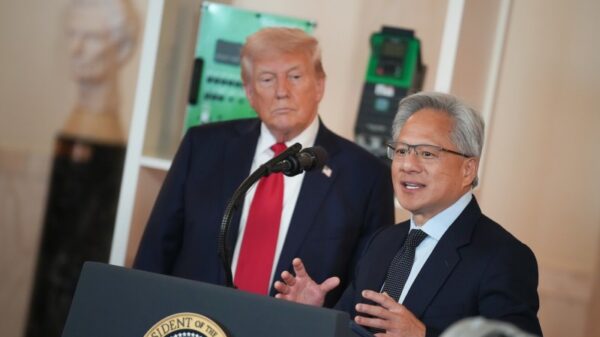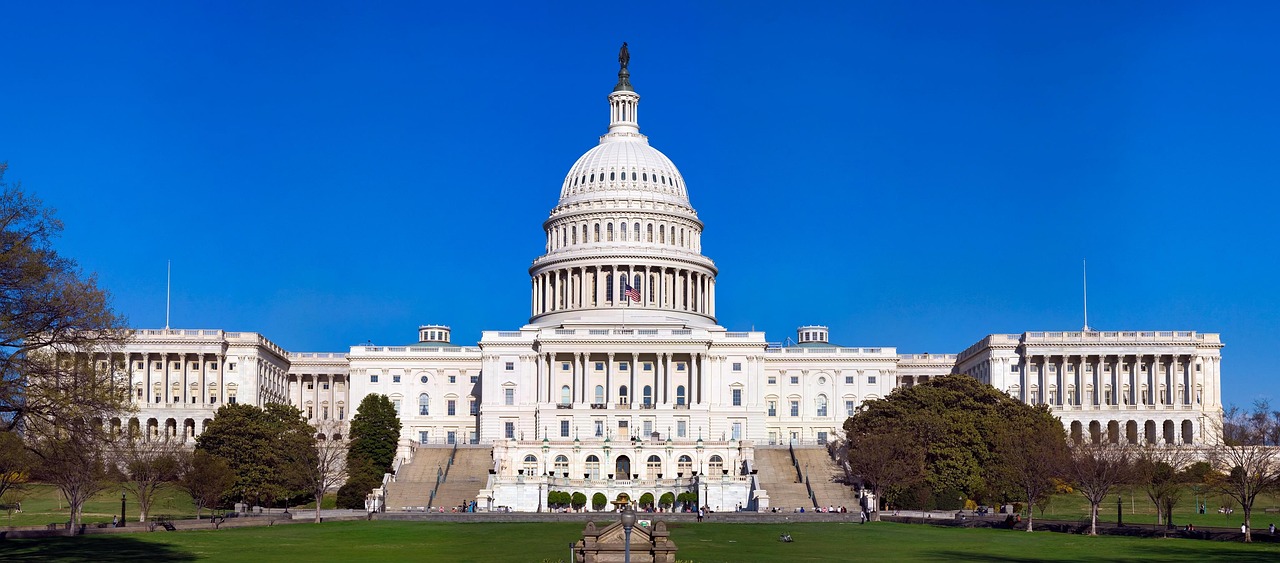UPDATE: The US House of Representatives has just approved a dramatic $9 billion in budget cuts that will impact public broadcasting and foreign aid. The contentious vote on HR4, known as the Rescissions Act of 2025, passed narrowly at 216-213 on Thursday, with two Republicans siding with Democrats in opposition.
These cuts, targeting the Corporation for Public Broadcasting (CPB) and the United States Agency for International Development (USAID), will retract funds allocated for various international peacekeeping and health initiatives. The Senate had previously approved the measure in a tight 51-48 vote, with a tie-breaking decision made by Vice President JD Vance.
This legislation is poised to become law once signed by President Donald Trump, who initiated the resolution. House Speaker Mike Johnson indicated that more rescission bills could follow, stating, “[t]his isn’t the end, it’s the beginning.”
The implications of these cuts are significant, as the CPB provides vital funding for networks such as National Public Radio (NPR) and the Public Broadcasting Service (PBS). Critics of the Trump administration have accused these institutions of having a liberal bias, fueling support for the proposed measures. The USAID cuts will particularly affect global health and humanitarian efforts, raising concerns among advocates for international aid.
As this situation develops, the urgency surrounding the impact on media and foreign aid initiatives remains high. Observers are now watching closely for the President’s next steps and the potential for further budgetary reductions.
The effects of these budget cuts are expected to resonate widely, affecting not only broadcasters and aid organizations but also millions of Americans who rely on public media for news and educational content. The next few days will be critical as stakeholders react to this significant shift in federal funding priorities.








































































